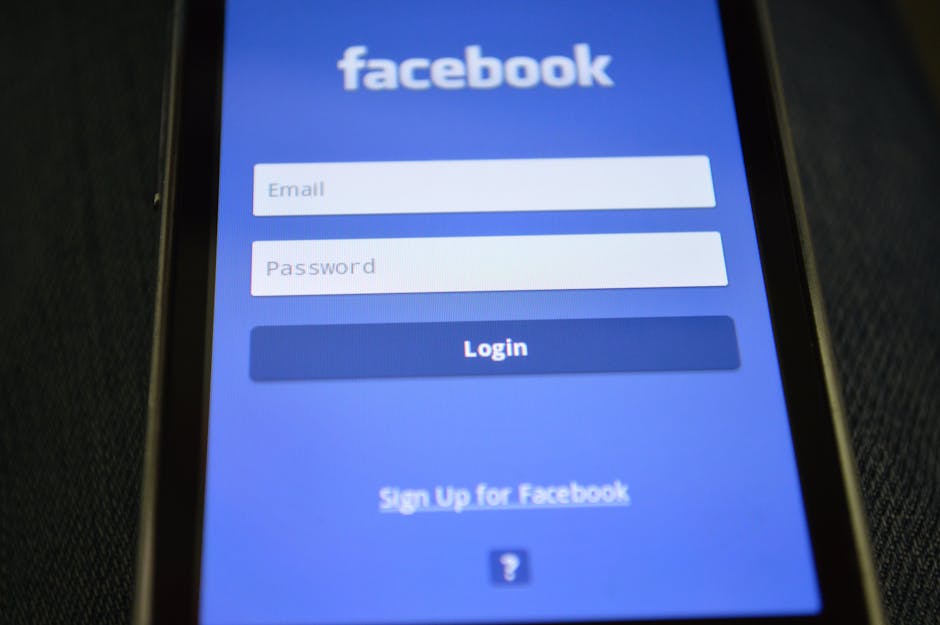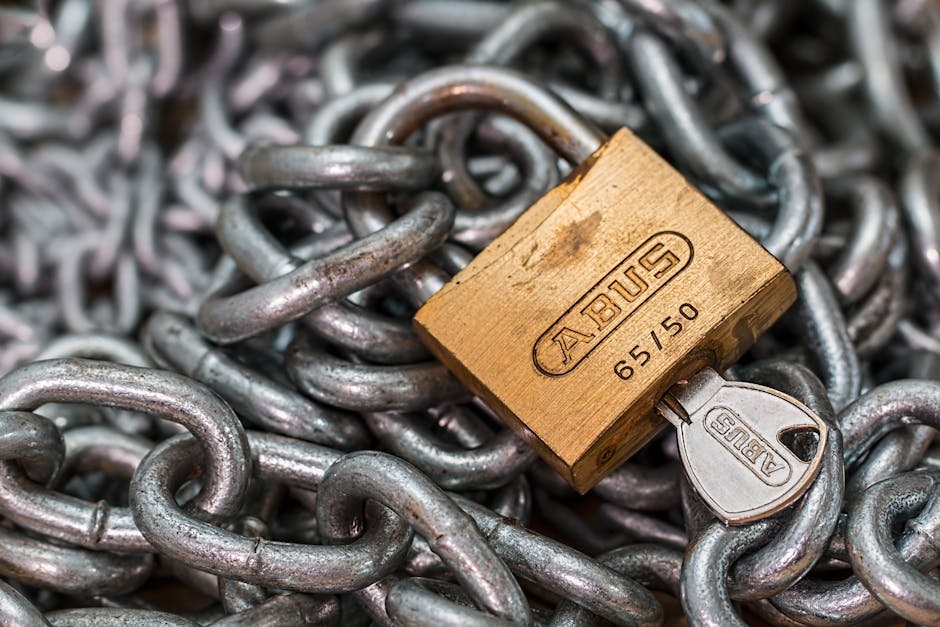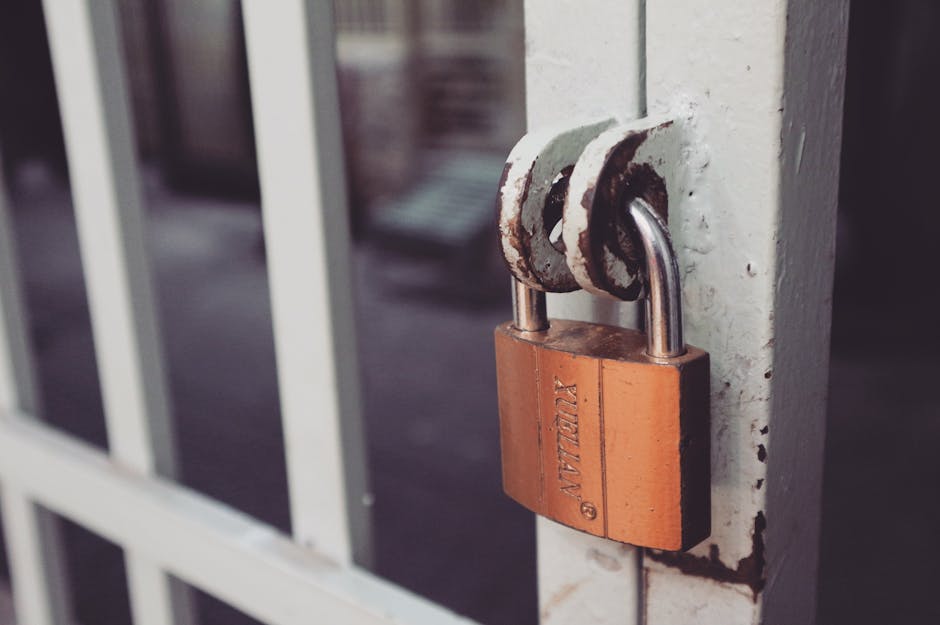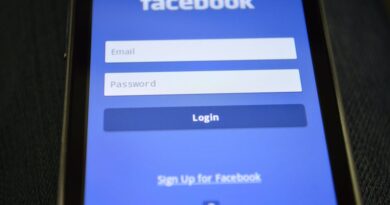Prevent Unauthorized Access to Your Email
Did you know that over 90% of cyber attacks start with an email? That’s a staggering number! Your email is not just a way to communicate; it’s a gateway to your personal and professional life. Keeping it safe should be a top priority. In this article, we will explore how to prevent unauthorized access to your email and protect your sensitive information.
Why Is Email Security Important?

Most people think their email accounts are safe, but the truth is, they can be vulnerable. Unauthorized access can lead to identity theft, financial loss, and damage to your reputation.
According to a report by the Cybersecurity & Infrastructure Security Agency (CISA), around 60% of small businesses close within six months of experiencing a cyber attack. This shows how serious the consequences can be!
What Are the Signs of Unauthorized Access?

How do you know if someone is accessing your email without permission? Here are some signs to watch for:
- Unusual login activity, like logins from different locations.
- Emails sent from your account that you didn’t write.
- Forwards or filters you don’t remember setting up.
- Unrecognized devices or locations in your account activity.
If you notice any of these signs, act quickly! Change your password and check your security settings.
How Can You Strengthen Your Email Security?

Now, let’s dive into practical ways to secure your email. Following these tips can significantly reduce the risk of unauthorized access.
1. Use Strong Passwords
Your password is your first line of defense. A strong password should be:
- At least 12 characters long.
- A mix of upper and lower case letters.
- A combination of numbers and special characters.
For example, instead of using password123, try something like P@ssw0rd!2023. This makes it much harder for hackers to guess.
2. Enable Two-Factor Authentication
What is two-factor authentication? It adds an extra layer of protection. Even if someone has your password, they still need a second form of verification, like a code sent to your phone.
Most email providers offer this option. Enable it to make your account much safer!
3. Regularly Update Your Password
How often should you change your password? Aim for every three to six months. Regular updates make it harder for thieves to keep up with your security.
Plus, avoid reusing old passwords. Just like you wouldn’t use the same key for every lock, don’t use the same password for different accounts.
4. Beware of Phishing Scams
Phishing is when attackers trick you into giving away your personal information. They often do this through fake emails that look legitimate.
Always check the senders email address and look for signs of a scam, such as:
- Urgent language urging you to act quickly.
- Unexpected attachments.
- Links that don’t match the website they claim to be from.
If something feels off, trust your gut and don’t click!
What About Email Encryption?

Have you heard of email encryption? it’s a way to protect your email content. Encryption scrambles your messages so that only the intended recipient can read them.
Services like ProtonMail offer built-in encryption. This ensures that your sensitive information remains private. Consider using these services for important communications.
Should You Use a Password Manager?
Managing multiple strong passwords can be challenging. This is where password managers come in handy. They store your passwords securely and can generate strong passwords for you.
Popular options include LastPass and 1Password. Using a password manager can simplify your life and improve your security.
Can You Trust Public Wi-Fi?
Public Wi-Fi is convenient, but it can also be risky. When you connect to an unsecured network, hackers can intercept your data, including email logins.
To stay safe:
- Use a VPN when accessing public Wi-Fi.
- Avoid accessing sensitive accounts on public networks.
- Turn off sharing settings on your device.
What Should You Do If Your Email Is Hacked?
If you suspect that your email has been hacked, act quickly:
- Change your password immediately.
- Check your account settings for unauthorized changes.
- Alert your contacts, so they don’t fall for scams from your account.
- Consider enabling two-factor authentication if you haven’t already.
Finally, contact your email provider for further assistance.
How Can You Stay Informed?
Cyber threats are always evolving. Staying informed is key to protecting yourself. Follow reputable cybersecurity blogs and news outlets for the latest tips and updates.
For more detailed information, check out CISA’s Cybersecurity Resources here.
What Are the Final Takeaways?
Protecting your email from unauthorized access is crucial. By following these steps, you can safeguard your personal and sensitive information:
- Use strong, unique passwords.
- Enable two-factor authentication.
- Be aware of phishing attempts.
- Consider email encryption for sensitive messages.
- Use a password manager for convenience.
Your email is a valuable assettreat it like one! With these simple steps, you can significantly reduce the risk of unauthorized access and enjoy peace of mind.
Stay safe online!



